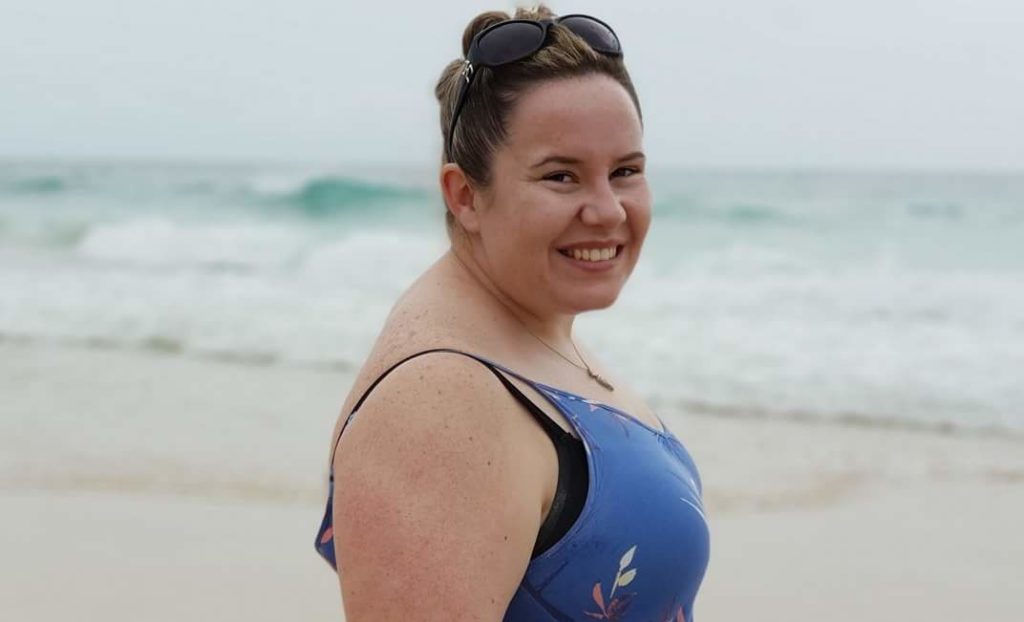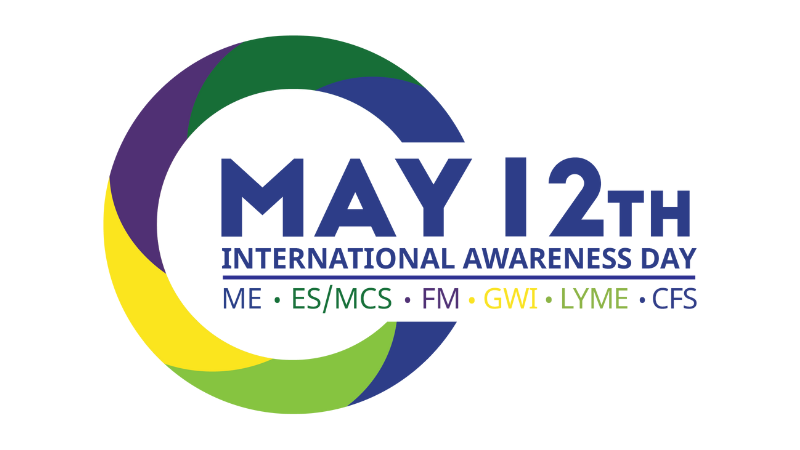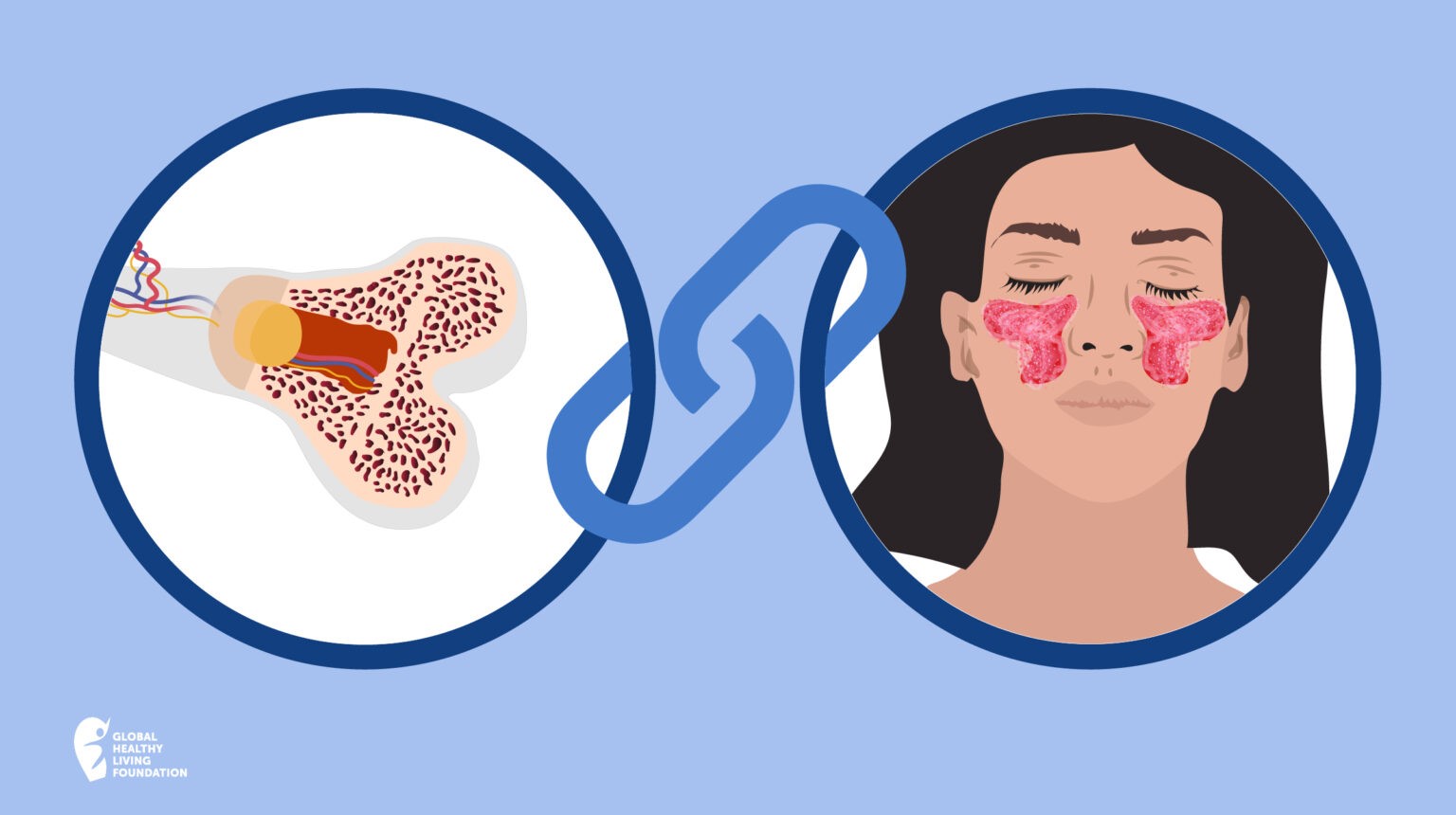

What condition have you been diagnosed with and how did it begin?
My name is Christie Gunther and I am a 31-year-old registered nurse working full-time and studying part-time. I was 30 when I was diagnosed with ankylosing spondylitis but have been symptomatic since I was about 17.
Originally it was just pain in my hips and back. I was a performance dancer at the time and also working part-time and in my final year of high school. My mum put it down to having too much on at once so I gave up dancing. The pain continued and I just assumed it was just me and got on with life.
I got a job as an assistant in nursing and started studying to get my nursing degree. At the age of 19, I had a patient fall on me during a seizure. The pain was incredible. I was transferred to hospital and an x-ray confirmed multiple herniated disks in my back. After six months I was cleared for work and although the pain continued, again, I just got on with it.
At the age of about 24, the pain in my back and legs became unbearable and the pressure in my hips was incredible. The only way I could explain it was as if someone had stuck an air pump in my hip joints and was slowly inflating them. I started taking codeine-based over the counter pain relief to be able to function but still didn’t have a regular GP because I thought it was normal.
At 25 my partner caught onto how much pain I was in when I had set the temperature in the shower so high I had scalded myself on my back and legs. He immediately booked me in to see a regular GP who asked why I needed the water temperature so high. I simply told him “because any difference in the pain was a relief”. He booked me in to see a rheumatologist as soon as possible.
When I went in and told the rheumatologist everything he immediately began to suspect ankylosing spondylitis (AS) but an MRI scan came back negative and so I was diagnosed with fibromyalgia.
I started on a regime of medications for the fibromyalgia, but they only partially helped the pain and I struggled with work and family life. I wasn’t able to sleep through the night because the pain associated with being in one spot for longer than an hour was mind-blowing. I would sleep for an hour before being woken by the pain, so I’d then pace the hallway for an hour till the pain from standing became too much and I’d lay down to sleep for an hour before starting all over again. I was exhausted in every aspect of the word.
This continued for about five years because I thought it was just the old back injury and/or the fibromyalgia until my partner told my rheumatologist what was happening during a routine checkup last year. He said he was certain it was ankylosing spondylitis, but the MRI had returned as negative. He sent me for a repeat MRI “just in case” and sure enough there was widespread inflammation in both sacroiliac joints (the joints on either side of the lower spine that connect it to the pelvic bone) and extending up into my spine. Bloods confirmed a raised ESR (erythrocyte sedimentation rate – a blood test to measure inflammation) and, together with the MRI, my symptoms and an overall examination, the official diagnosis of ankylosing spondylitis was made.
How has your condition affected your life?
It has taken a massive toll on my work life mostly. Constant pain and sleep deprivation make me moody and irritable. I am currently studying for my Masters in Palliative Care and am unable to sit and study for longer than an hour before I have to move. In addition, not sleeping and side effects from my medications mean I struggle with comprehension and memory. At the moment I am waiting to get the okay from Medicare to start Humira (an injectable biologic mediation) but, until then, I have to wait and struggle through.
I used to be an obsessive/compulsive type person in terms of always having my house spotless with all chores done ahead of time…that’s now a thing of the past and I have to frequently rely on my partner. As a fiercely independent person, I struggle with that a lot.
How did you feel when you were first diagnosed? What emotions did you go through?
The overwhelming emotion at diagnosis and even now is anger. Why did it take so long to get a diagnosis when the rheumatologist was already sure it was ankylosing spondylitis when I initially presented to him? Why me? I work really hard. I try and eat healthily and work out regularly. Why was I the unlucky one? Why am I still waiting to start the Humira injections when I was diagnosed over 12 months ago? It is already in my ribs and all other treatments have so far failed. The whole thing just makes me so mad I just cry. I know life is not fair. I was bought up knowing that bad things happen for no reason and you just have to suck it up. But I see how I was and how I am now it’s frustrating and incredibly upsetting. I am 31 but feel like someone who is nearing the end of their life.
Has your condition led to a diagnosis of other physical or mental health conditions? If so, how has this affected how you feel about your health?
At about 28 I was severely depressed and having suicidal thoughts. There was nothing but the pain and frustration associated with that pain so what was the point of living? Thankfully my GP was immediately onto it and I was diagnosed with depression and started on anti-depressants. Now, the depression is under control, but I suffer anxiety because my usually spotless house is a mess, I can’t work out like I had planned etc. I can’t let go of the fact that I will never be the “old me” again.
Who is your biggest support?
My partner. He is my rock, is always by my side, he has never doubted the pain I was in and continues to do whatever he can for me. Following my partner, my mum and best friend. On the days when the pain leaves me useless all three keep me from going back to a very dark place with their endless love and encouragement.
Who is on your health care team? (Rheumatologist, GP, physio, PT, etc.)
Um … all of the above!
Have you managed to continue to work? Is your employer understanding of your needs? If yes, how?
Yes! Working as a nurse is hard enough without adding AS on top! I rely heavily on medications, but they come with a list of side effects a mile long as well. I have changed work places to an employer that is not only extremely supportive but also helps wherever they can. That has helped me a lot and allowed me to continue nursing.
What’s the hardest thing about living with your condition?
The knowledge I will never go back to the “me” that everyone knows … the one who was up and facing the world with a smile on her face and laughter in her heart. Everyone says they can see her every so often, but to me, she has gone. Maybe I will get somewhere close to her again after starting the Humira but it’s impossible to see her from here.
What adaptations have you made to cope with the physical, emotional and financial challenges your health issues impose upon you?
I have had to slow down a lot and, with the pain, this is something I struggle with the most. I am usually a person who goes at the world at a million miles an hour and has everything sorted, catalogued and done weeks in advance. My house was ALWAYS spotless, and I was always ahead in school whilst maintaining high distinctions across the board. Now the house is functional, and my school work is in somewhere around on time.
Financially, it is also hard. I can no longer work as many overtime shifts as I used to, and my medications currently put a large dent in the budget. It’s stressful.
When you are having a really challenging and painful day do you have a particular coping tool that helps you get through the day?
Music. Music lets you escape to a place where your body doesn’t exist.
If you are some way along your journey what advice would you give to your newly diagnosed self?
No idea. I still struggle daily.
What would you like people to know about living with a condition like yours?
Every day is a struggle. So, the days when I am not my best, don’t judge me, support me because I was once just like you.
What knowledge do you have about the NDIS? Do you know if it will positively impact your life at all?
I have knowledge of the NDIS but have not looked into it.
Interviewed by Neen Monty




